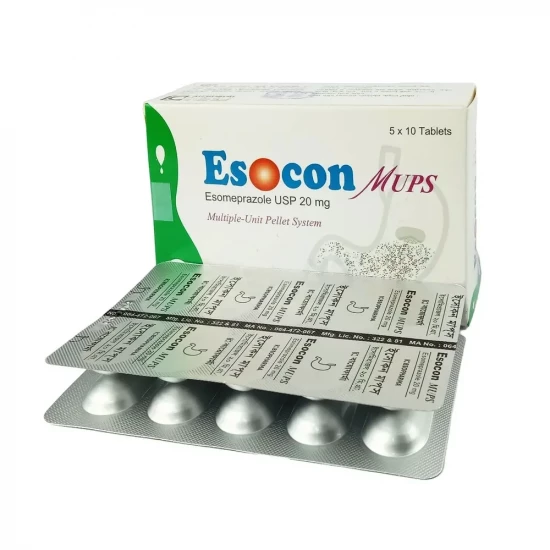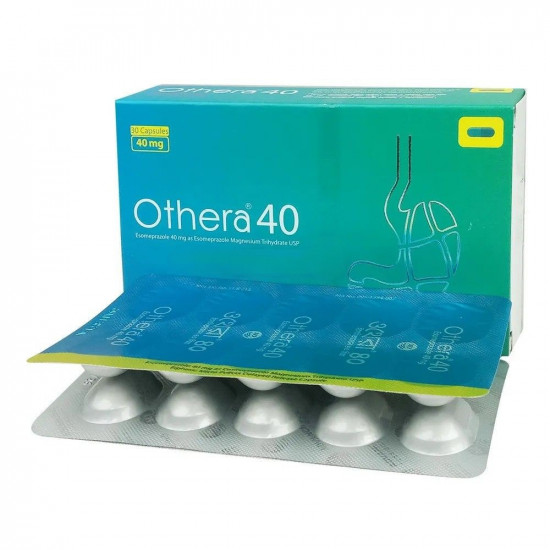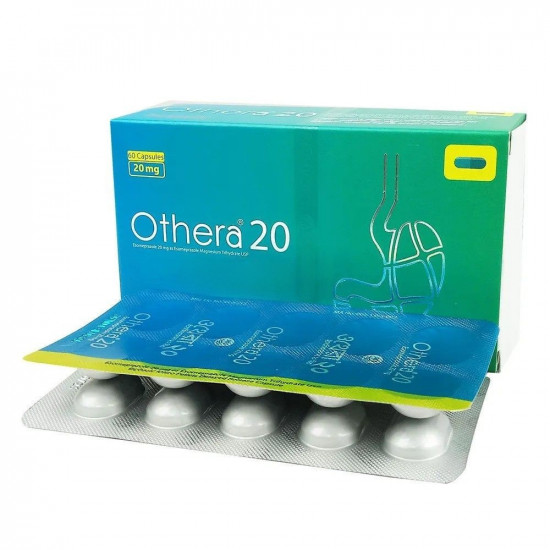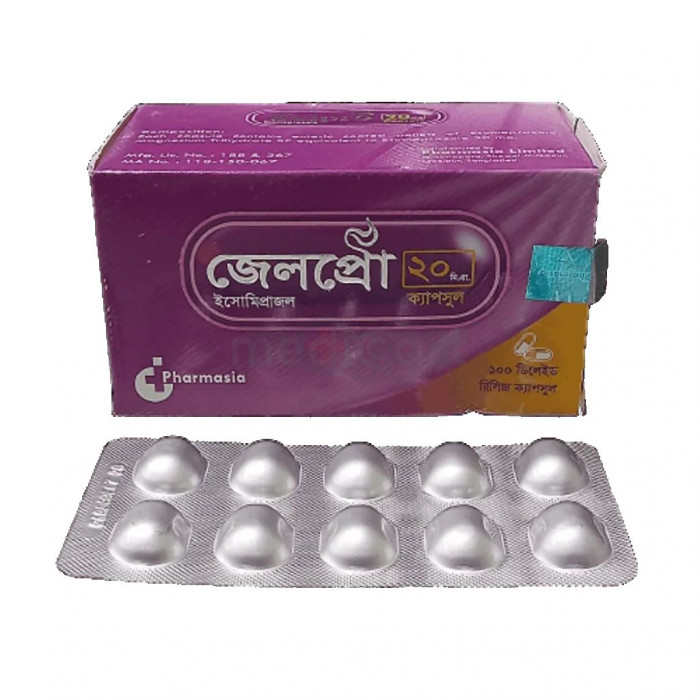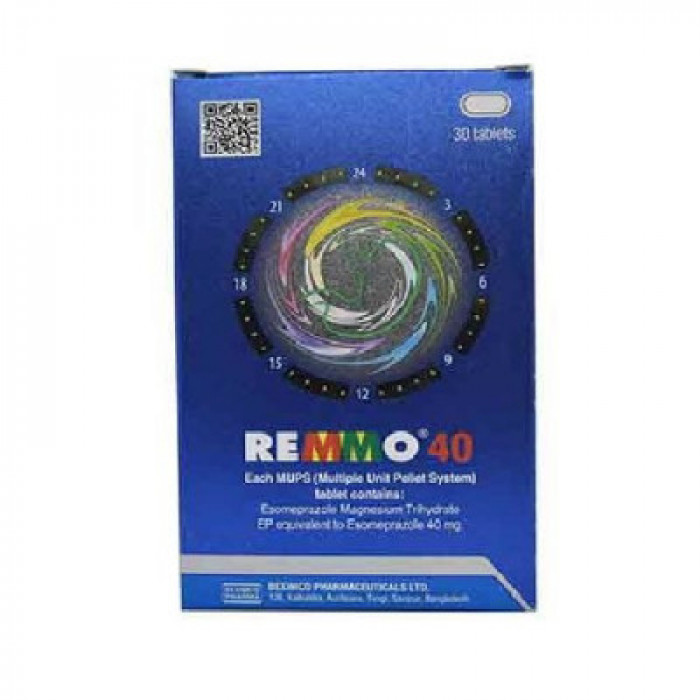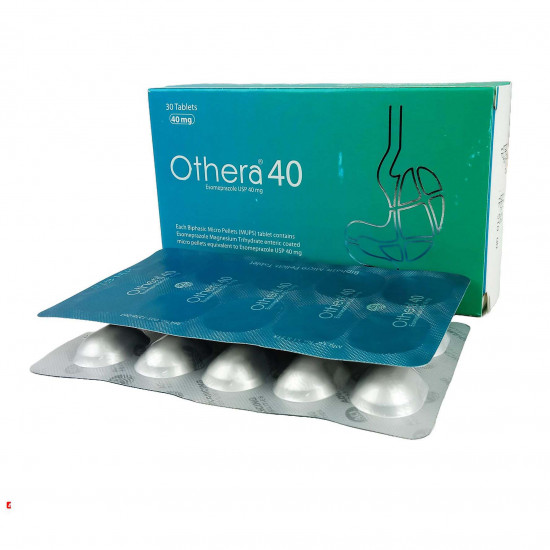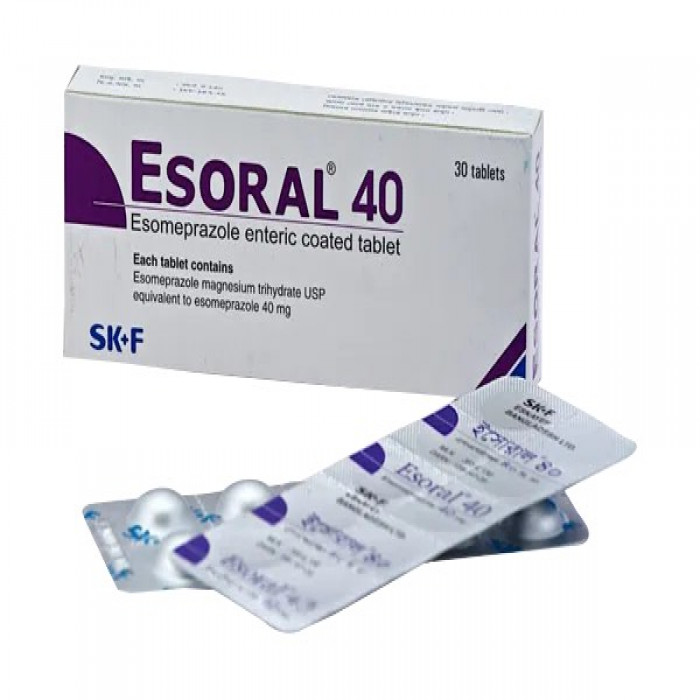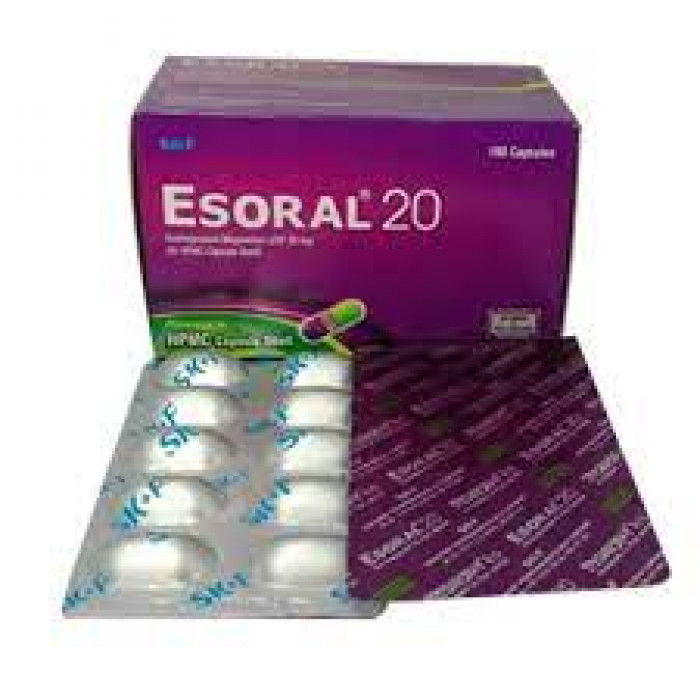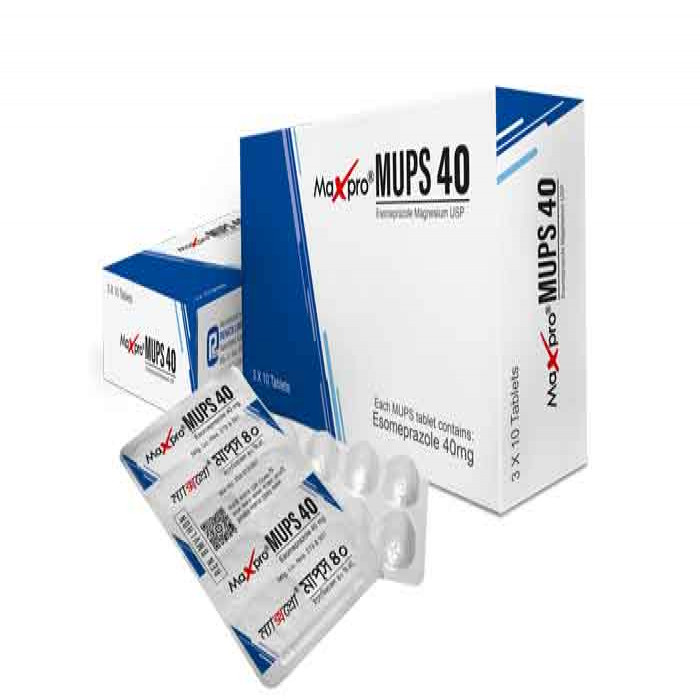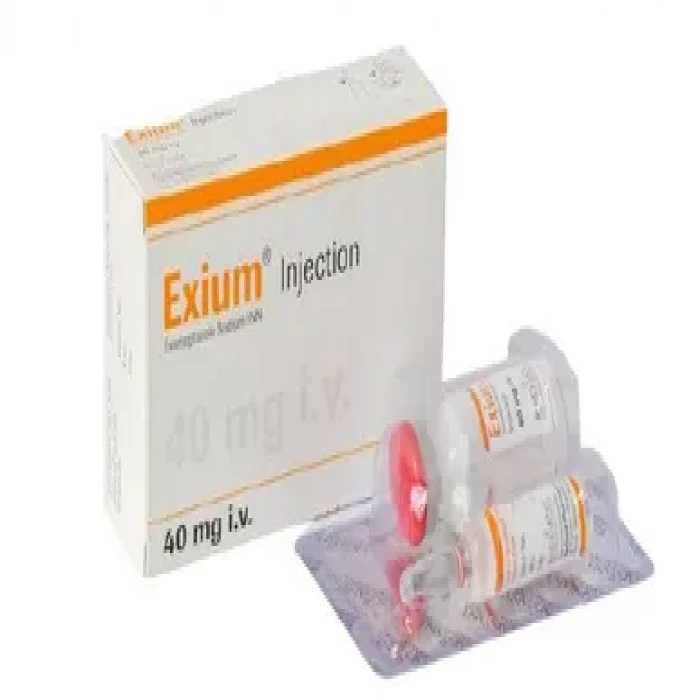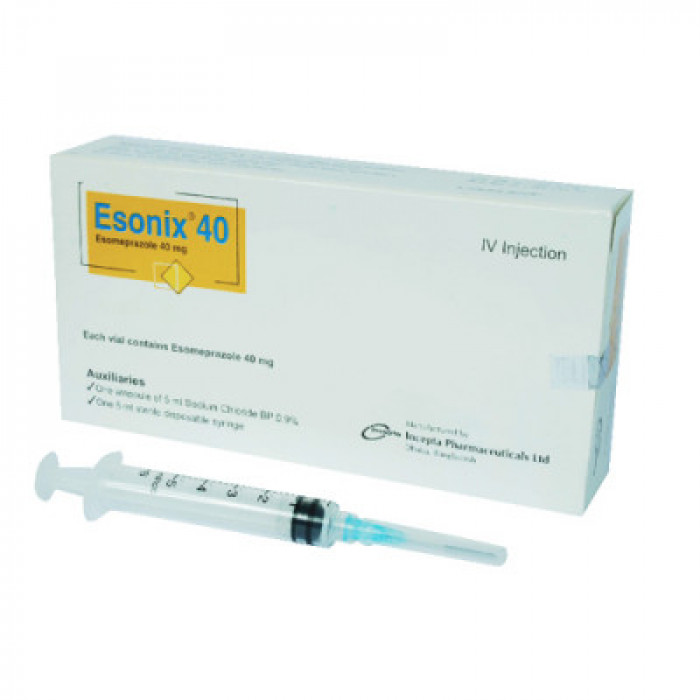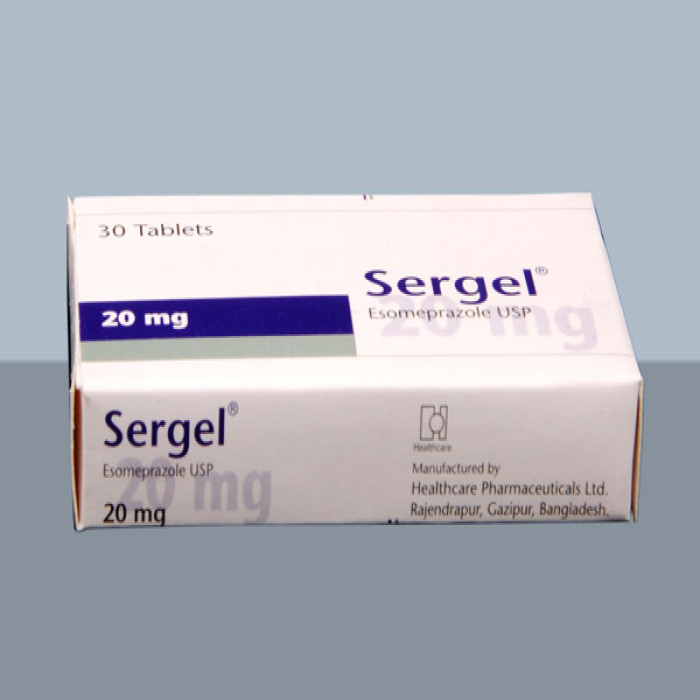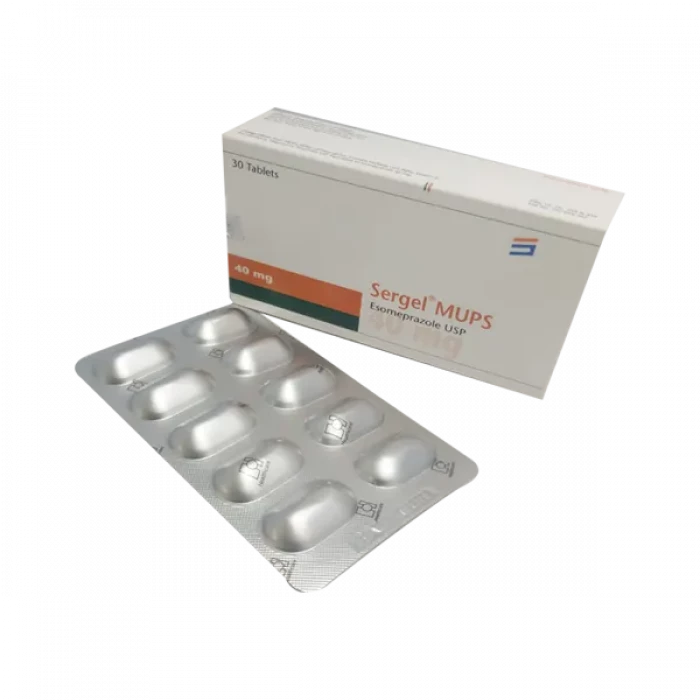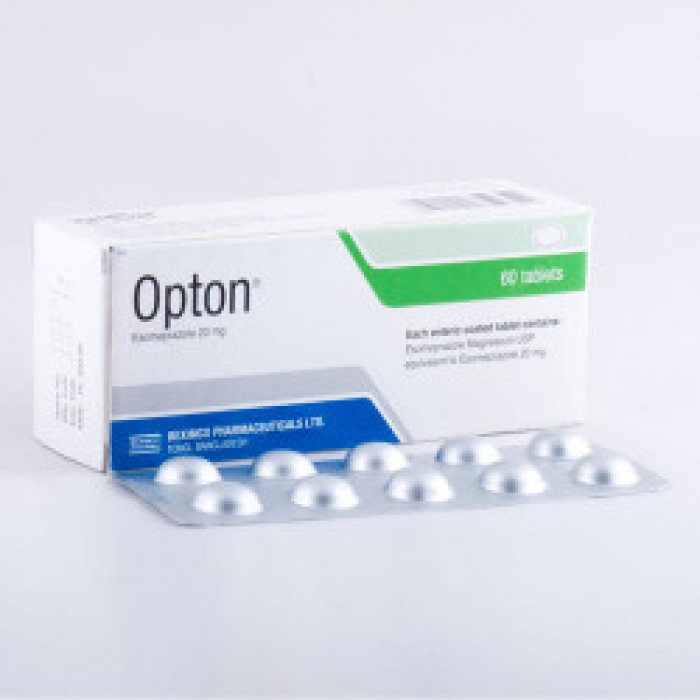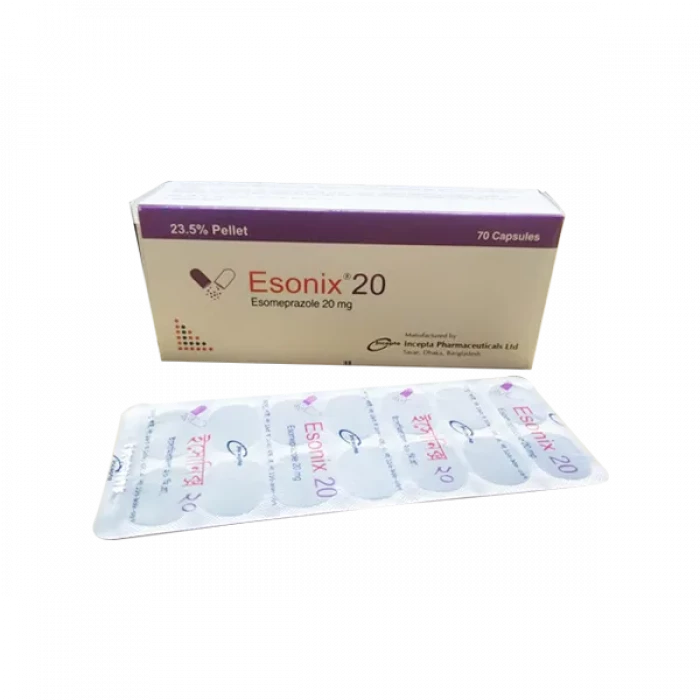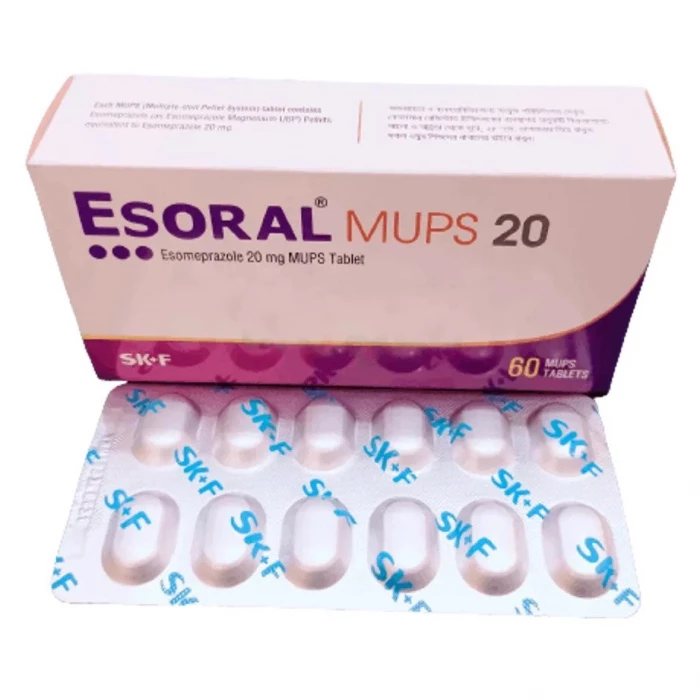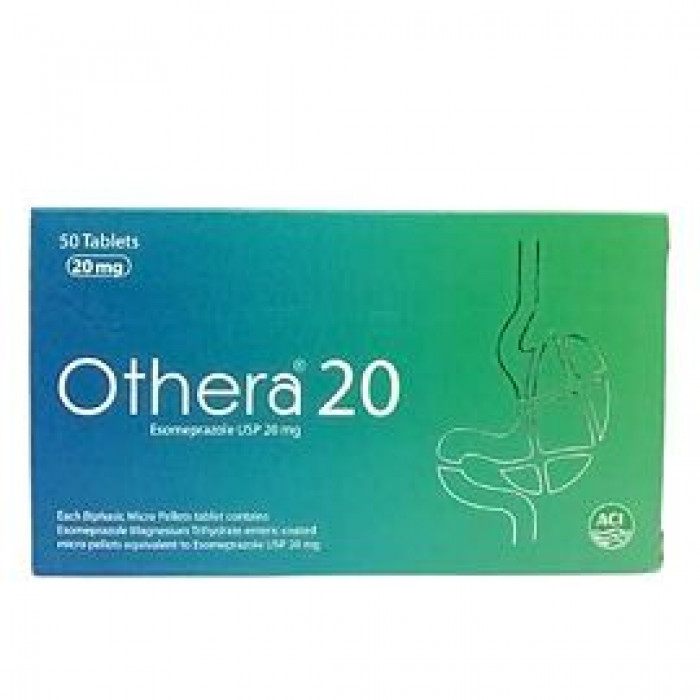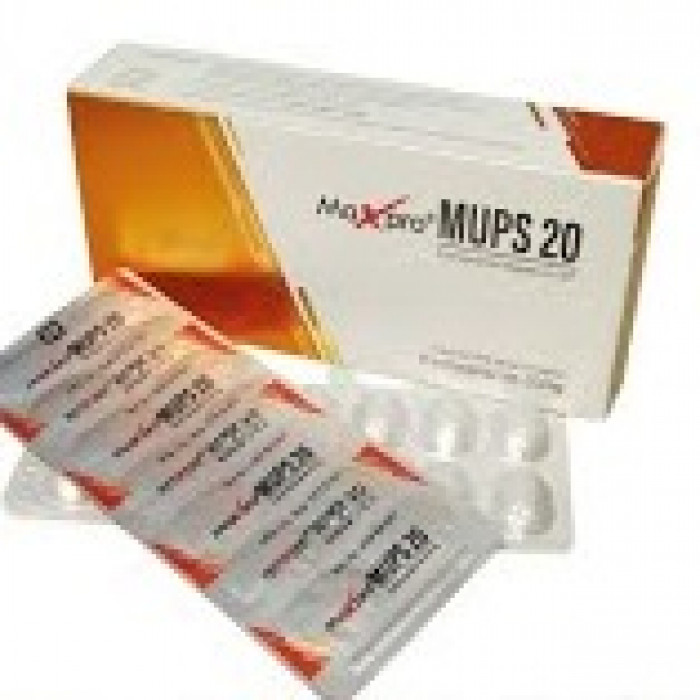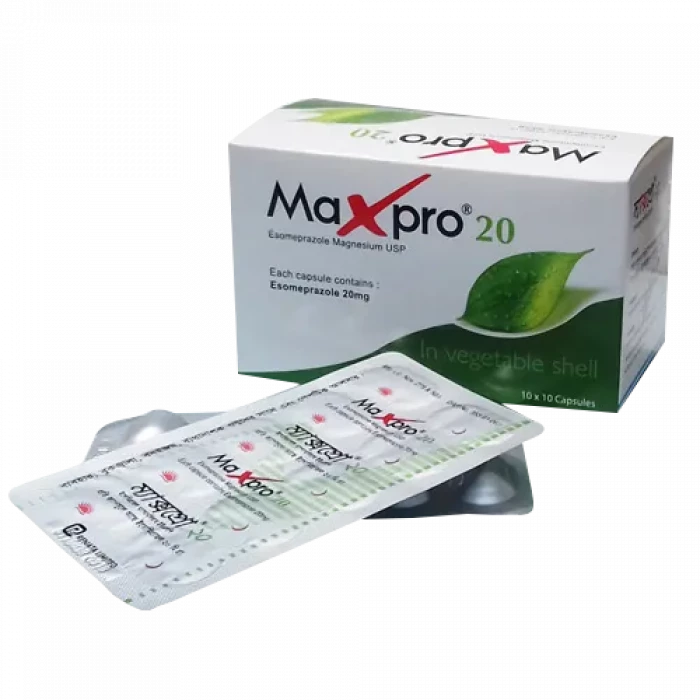
✔ 100% Authentic Product
👁️ Currently Viewing 13592
Maxpro 20 is a medication that lessens the quantity of acid your stomach produces. Heartburn, acid reflux, and issues with your food pipe are all treated with it. Stomach ulcers can also be prevented and treated with them. Maxpro 20 should be taken as prescribed by your doctor.
Discount
Price: ৳ 92
MRP:
৳
98
6%
Off

100% Genuine Products, Guaranteed

Safe & Secure Payments, Always

Fast, Secure & Efficient Delivery

Proper Packaging
 Cash on Delivery - All over Bangladesh
Cash on Delivery - All over Bangladesh Regular Delivery - 12-24 Hours, Dhaka City* Charge Tk.39-59
Regular Delivery - 12-24 Hours, Dhaka City* Charge Tk.39-59 Regular Delivery - 24-48 Hours, Other Cities* Charge Tk.99-110
Regular Delivery - 24-48 Hours, Other Cities* Charge Tk.99-110
 ফ্রি ডেলিভারিঃ - ৯৯৯ টাকা+ অর্ডারে, ঢাকা
শহরে
ফ্রি ডেলিভারিঃ - ৯৯৯ টাকা+ অর্ডারে, ঢাকা
শহরে ফ্রি ডেলিভারিঃ - ২৯৯৯ টাকা+ অর্ডারে, ঢাকার
বাহিরে
ফ্রি ডেলিভারিঃ - ২৯৯৯ টাকা+ অর্ডারে, ঢাকার
বাহিরে
100% Genuine Products, Guaranteed
Safe & Secure Payments, Always
Fast, Secure & Efficient Delivery
Proper Packaging
 Cash on Delivery - All over Bangladesh
Cash on Delivery - All over Bangladesh Regular Delivery - 12-24 Hours, Dhaka City* Charge Tk.39-59
Regular Delivery - 12-24 Hours, Dhaka City* Charge Tk.39-59 Regular Delivery - 24-48 Hours, Other Cities* Charge Tk.99-110
Regular Delivery - 24-48 Hours, Other Cities* Charge Tk.99-110 ফ্রি ডেলিভারিঃ - ৯৯৯ টাকা+ অর্ডারে, ঢাকা
শহরে
ফ্রি ডেলিভারিঃ - ৯৯৯ টাকা+ অর্ডারে, ঢাকা
শহরে ফ্রি ডেলিভারিঃ - ২৯৯৯ টাকা+ অর্ডারে, ঢাকার
বাহিরে
ফ্রি ডেলিভারিঃ - ২৯৯৯ টাকা+ অর্ডারে, ঢাকার
বাহিরে
✅ Description:
Maxpro 20mg Capsule is effective at healing erosive esophagitis (inflammation of food pipe), relieving symptoms of gastroesophageal reflux disease (heartburn), and Zollinger-Ellison syndrome.
Maxpro 20mg Capsule works by irreversibly blocking the proton pump gate (which secretes stomach acid).
It can be prescribed to all age groups including special populations like the elderly, pregnant, lactating mothers, kidney, and liver disease patients.
Safety Advices

Alcohol
CAUTION
Caution is advised when consuming alcohol with Maxpro. Please consult your doctor.

Pregnancy
CONSULT YOUR DOCTOR
Maxpro may be unsafe to use during pregnancy. Although there are limited studies on humans, animal studies have shown harmful effects on the developing baby. Your doctor will weigh the benefits and any potential risks before prescribing them to you. Please consult your doctor.

Breastfeeding
CONSULT YOUR DOCTOR
Maxpro is probably unsafe to use during breastfeeding. Limited human data suggests that the drug may pass into the breastmilk and harm the baby.

Driving
CAUTION
It is not known whether Maxpro alters the ability to drive. Do not drive if you experience any symptoms that affect your ability to concentrate and react.

Kidney
CAUTION
Maxpro is safe to use in patients with kidney disease. No dose adjustment of Maxpro is recommended. However, inform your doctor if you have any kidney disease.

Liver
CAUTION
Maxpro should be used with caution in patients with severe liver disease. A dose adjustment of Maxpro may be needed. Please consult your doctor.
✔️ Uses of Maxpro 20 Capsule
- Gastroesophageal reflux disease (Acid reflux)
- Peptic ulcer disease
✔️ How to use Maxpro 20 Capsule
Take Maxpro 20 in the dose and duration as advised by your doctor. Swallow it as a whole. Do not chew, crush or break it. Maxpro is to be taken empty stomach.
✔️ How Maxpro 20 Capsule works
Maxpro 20 Capsule is a proton pump inhibitor (PPI). It works by reducing the amount of acid in the stomach which helps in the relief of acid-related indigestion and heartburn.
✔️ What if you forget to take Maxpro 20 Capsule?
If you miss a dose of Maxpro, take it as soon as possible. However, if it is almost time for your next dose, skip the missed dose and go back to your regular schedule. Do not double the dose.
✔️ Side Effects of Maxpro 20 Capsule
- Headache
- Dizziness
- Dryness in mouth
- Nausea
- Abdominal pain
- Constipation
- Flatulence
- Diarrhea
✔️ Quick Suggestions:
- It is a well-tolerated medication that gives long-term relief.
- Avoid eating late at night or right before going to bed.
- Inform your doctor if you have watery diarrhea, a fever, or persistent stomach pain.
- Long-term Maxpro usage can result in weak bones and a lack of minerals such as magnesium. Take calcium and magnesium supplements or calcium and magnesium supplements as directed by your doctor.
- If you experience reduced urine, edema (swelling caused by fluid retention), lower back discomfort, nausea, exhaustion, and a rash or fever, contact your doctor straight once. These symptoms might indicate renal disease.
✔️ Indications of Maxpro 20mg Capsule
Esomeprazole is not intended to provide fast relief from heartburn symptoms. Esomeprazole is a medication that is used to treat the symptoms of gastroesophageal reflux disease (GERD) and other disorders involving excess stomach acid, such as Zollinger-Ellison syndrome. Esomeprazole is also used to help repair erosive esophagitis. (damage to your esophagus caused by stomach acid).
Esomeprazole may also be used to prevent stomach ulcers caused by Helicobacter pylori infection or the use of nonsteroidal anti-inflammatory medications. (NSAIDs).
✔️ Pharmacology
The H+/K+ ATPase in the gastric parietal cell is inhibited by the proton pump inhibitor esomeprazole, which reduces the amount of stomach acid produced. Esomeprazole (omeprazole's S-isomer), the first proton pump inhibitor with a single optical isomer, offers better acid control than racemic proton pump inhibitors.
✔️ Dosage of Maxpro 20
Erosive esophagitis-
- Adult (≥18 years): 40 mg once daily for 4 weeks.
- Children & adolescents (12-18 years): 40 mg once daily for 4 weeks.
Maintenance of healing of erosive esophagitis-
- Adult (≥18 years): 20 mg once daily.
- Children & adolescents (12-18 years): 20 mg once daily.
Risk reduction in NSAID-associated gastric ulcer-
- Adult (≥18 years): 20 mg once daily for 4-8 weeks.
H. pylori eradication (Esomeprazole MUPS tablet with 1000 mg Amoxicillin and 500 mg Clarithromycin)-
- Adult (≥18 years): 20 mg twice daily for 7 days.
- Children & adolescents (12-18 years): 20 mg twice daily for 7 days.
Zollinger-Ellison syndrome and idiopathic hypersecretion-
- Adult (≥18 years): 40-80 mg twice daily.
Children 1-11 years:
Erosive esophagitis: Weight <20 kg: 10 mg once daily for 8 weeks. Weight ≥20 kg: 10 mg or 20 mg once daily for 8 weeks
Maintenance of healing of erosive esophagitis: 10 mg once daily
Children below the age of 1 year: Esomeprazole Mups tablet is not approved for use in children younger than 1 year.
✔️ Administrations of Maxpro 20
Esomeprazole Capsule: should be swallowed whole and taken one hour before a meal.
✔️ Interaction of Maxpro 20
CYP2C19 and CYP3A4 substantially metabolize esomeprazole in the liver. Esomeprazole does not appear to inhibit CYPs 1A2, 2A6, 2C9, 2D6, 2E1, or 3A4 in vitro or in vivo investigations. There should be no clinically significant interactions with medicines processed by these CYP enzymes. Esomeprazole has no clinically significant interactions with phenytoin, warfarin, quinidine, clarithromycin, or amoxicillin, according to drug interaction studies.
Gastric acid secretion is inhibited by esomeprazole. As a result, Esomeprazole may interfere with the absorption of medications whose bioavailability is influenced by gastrointestinal pH. (e.g., ketoconazole, iron salts and digoxin).
Oral contraceptives, diazepam, phenytoin, or quinidine appear to have no effect on Esomeprazole's pharmacokinetic profile.
Clarithromycin in Combination Therapy: When esomeprazole, clarithromycin, and amoxicillin are given together, the plasma levels of esomeprazole and 14-hydroxy clarithromycin rise.
✔️ Contraindications
Esomeprazole is contraindicated in patients with known hypersensitivity to any of the formulations.
✔️ Pregnancy & Lactation
In pregnant women, there are no adequate and well-controlled considerations. Teratogenic effects have not been discovered in animal studies. Esomeprazole excretion in the drain has not been studied. Breastfeeding should thus be discontinued if the use of esomeprazole is thought to be essential.
✔️ Precautions & Warnings
If the patient has severe liver failure and renal impairment, esomeprazole should be administered with caution. Proton pump inhibitors, such as Esomeprazole, may marginally increase the risk of hip, wrist, and spine fractures, especially when used for more than a year.
✔️ Storage Conditions
Store in a cool & dry place below 25ºC, and protect from light. Keep out of reach of children.
⚠️Disclaimer:
At ePharma, we’re committed to providing accurate and accessible health information. However, all content is intended for informational purposes only and should not replace medical advice from a qualified physician. Please consult your healthcare provider for personalized guidance. We aim to support, not substitute, the doctor-patient relationship.




